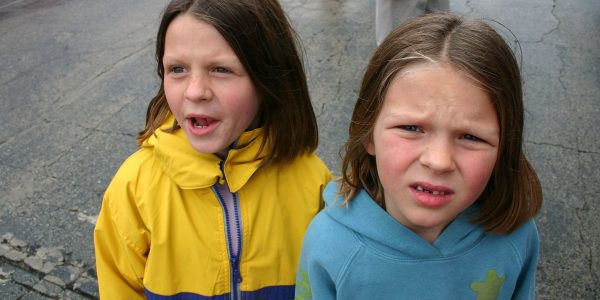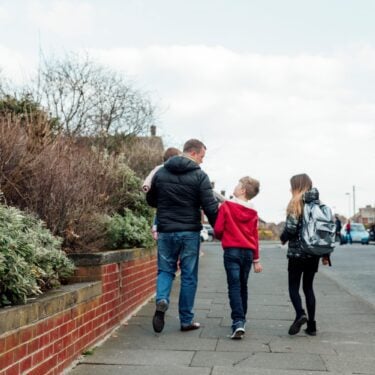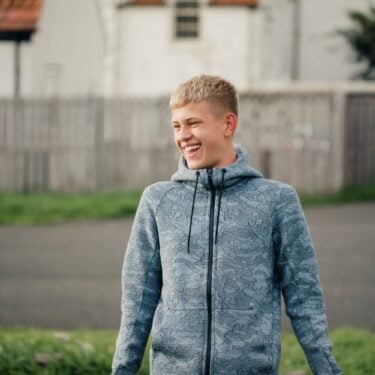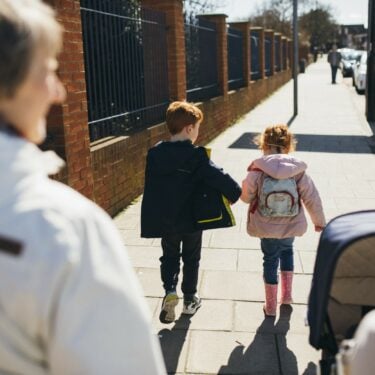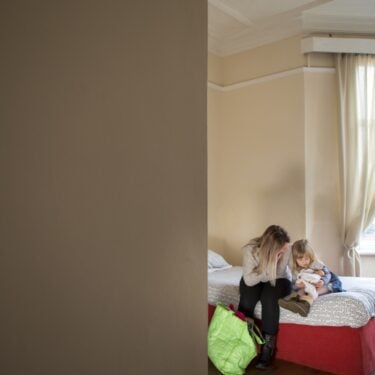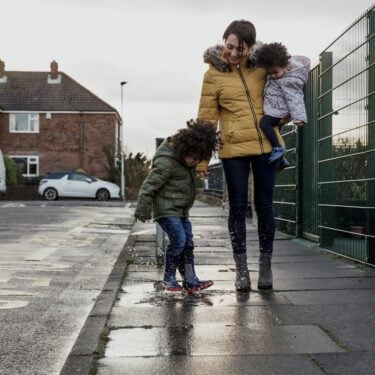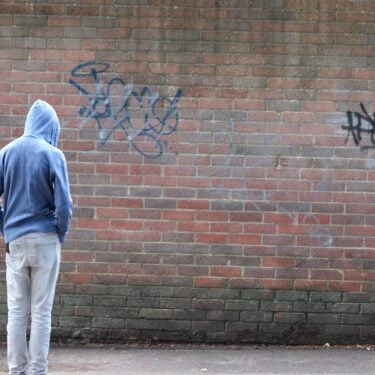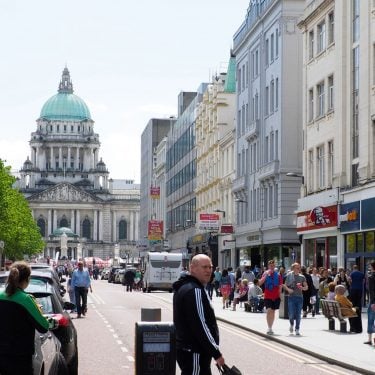
05/07/19
2 min read
While local authorities are producing some good quality analysis about children’s social care from the vast amount of data that is collected, data visualisation could help make predictions about the future, particularly in smaller local authorities. This is according to new Nuffield-funded research published by Coram.
A key insight from the research was that people tend to engage with and better understand data portrayed as a map. Dynamic maps that show movement present a great deal of information in a more accessible and impactful form and were found to be an effective way to gain a clear picture of children’s journeys through the social care system.
Following a short development phase undertaken with Kent County Council, a data visualisation prototype was developed mapping how children move through the different pathways when they come into contact with social services. The tool enabled the children’s services manager to gain a far more nuanced understanding of the experience of children and to identify potential bottlenecks and duplication that could be addressed by varying resources, processes or thresholds.
The project was developed in partnership with the Alan Turing Institute and the Universities of Bristol, Lancaster, Oxford and UCL.
Parallel work was undertaken by the university-based partners to explain the benefits of linking data and viewing data longitudinally. One example centred on how linking care and proceedings data, even within one local authority, can give an enhanced understanding of children and young people’s trajectories. Researchers also highlighted the pitfalls of linking together data from different sources and the use of data to highlight hitherto unexpected levels of variation.
As an additional element, this project also explored the concept of ‘Never Events’, serious and largely preventable service incidents that should not occur if the available preventative measures are implemented. This approach has been used in the NHS and data pertaining to such events is analysed and used to escalate issues in order to improve safety, effectiveness and patient experience.
The study concluded that the NHS model of Never Events was unlikely to translate well into a social care context but that it may be possible to identify ‘key practices’ where breaches, even those that do not result in direct harm on that occasion, could be monitored so that agencies can demonstrate that systems are robust and take action where they are not.
Renuka Jeyarajah Dent, Coram’s Deputy CEO and the project lead, said:
“We are delighted to publish this report today on the potential of data visualisation to usher in new approaches in children’s social care that can decisively transform how service performance is understood. Use of such tools in children’s social care has the power to yield important insights and improve operational and strategic decision-making”
